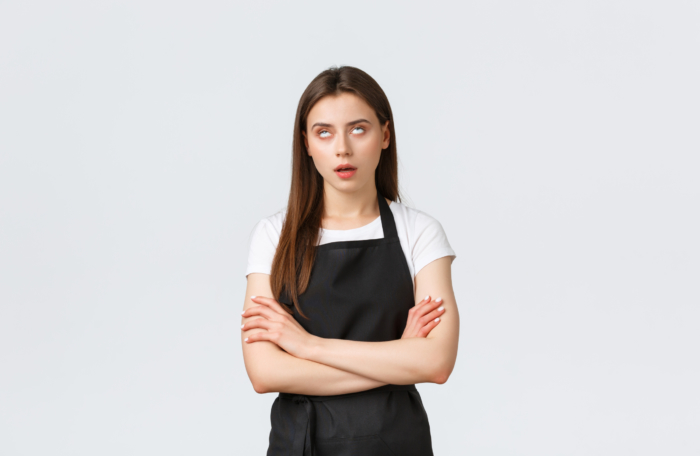The minimum wage, again?
Like a good horror movie villain that just won’t die, the minimum wage has risen again. It reemerged in the presidential debate on October 21, and the same legislator who introduced the $15 minimum wage bill vetoed this year by Gov. Chris Sununu has filed another minimum wage bill for next year.
In the presidential debate, the moderator surprisingly acknowledged the cost of higher minimum wages in her question to former Vice President Joe Biden.
“We are talking a lot about struggling small businesses and business owners these days. Do you think this is the right time to ask them to raise the minimum wage or support a federal $15 minimum wage?”
That was a good framing of the question. Biden gave a confusing answer.
“I do,” Biden said. “Because I think that one of the things we’re going to have to do is we’re going to have to bail them out too. We should be bailing them out now, those small businesses. You’ve got one in six of them going under. They’re not going to be able to make it back.”
It’s unclear how “bailing out” businesses relates to the minimum wage, unless Biden meant that the federal government is already spending money to keep businesses alive so it might as well spend more to keep alive those that would be harmed by a federal $15 minimum wage law.
Biden went on to say, in response to an assertion from President Trump, “there is no evidence that when you raise the minimum wage business go out of business. That is simply not true.”
Ah, but it is true.
A 2017 Harvard Business School study found that higher minimum wages result in restaurant closures.
A 2018 U.S. Census Bureau study of manufacturers over 23 years found that “when wage rates increase, establishments are more likely to exit the market.” It also found that increases in the minimum wage led to reduction in hours worked and increases in automation.
A 2019 National Bureau of Economic Research study found that “increases in the federal minimum wage worsen the financial health of small businesses in the affected states.… Increases in the minimum wage also lead to lower bank credit, higher loan defaults, lower employment, a lower entry and a higher exit rate for small businesses.”
The theory behind the minimum wage is that greedy capitalists sitting on piles of cash are exploiting workers and therefore must be forced to share their wealth. In reality, businesses fight to survive in highly competitive markets, and artificial wage floors often hurt both the businesses and the people they were intended to help.
A 2019 UC-Irvine study found that minimum wage increases caused slower employment growth in California’s restaurant industry, with significantly larger effects in low-income neighborhoods.
The Congressional Budget Office just last year concluded that “the net effect of a minimum-wage increase is to reduce average family income” because “workers lose their jobs and business owners must absorb at least some of the higher costs of labor.”
It further concluded that higher minimum wages increase unemployment. “By increasing the cost of employing low-wage workers, a higher minimum wage generally leads employers to reduce the size of their workforce.”
The question to Biden from ABC News debate moderator Kristen Welker got the issue right. Minimum wage increases do strain small businesses, and that strain would be even more acute as businesses struggle with revenue losses caused by the pandemic and government restrictions on economic activity.
The service industry has taken a financial beating during the pandemic. It’s a major reason for what Biden and others have called the K-shaped recovery. As the economy has picked back up, employment has lagged in sectors that employ a lot of lower-wage workers, such as restaurants. Among the hardest-hit businesses during the pandemic have been restaurants and movie theaters, both of which pay many employees at or near the minimum wage.
If politicians want to guarantee larger-scale restaurant and theater closures, and permanent job losses for many in the service sector who have endured temporary unemployment during 2020, a $15 minimum wage would do the trick.



